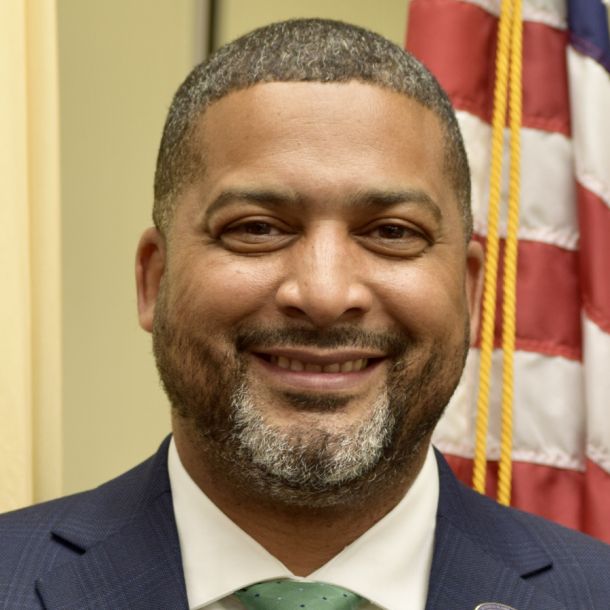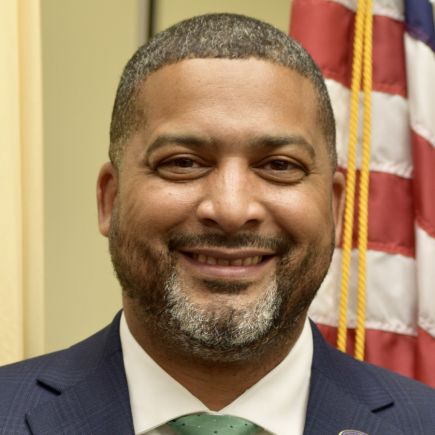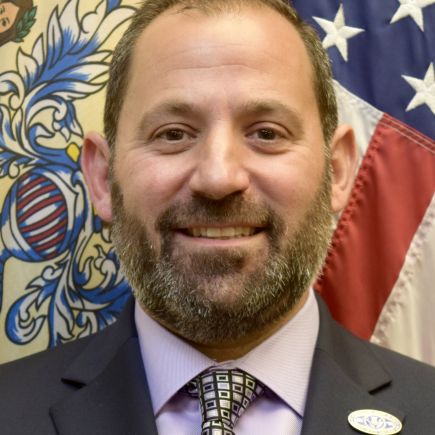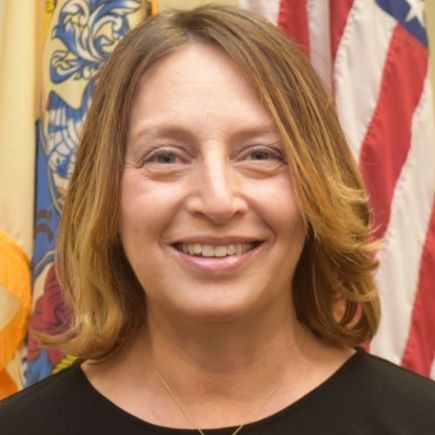
Message from Councilman Roshan (Roc) White | August 7, 2024
The invisible wounds of war can linger long after the physical ones have healed. For many Veterans, the transition from military to civilian life can be incredibly difficult – plagued by isolation, trauma and a sense of lost purpose.
The alarming rate of Veteran suicide in America – more than 17 Veterans per day – underscores the urgent need for action.
To help, the U.S. Department of Veteran Affairs (VA) has suicide prevention coordinators (SPC) assigned across the country, including New Jersey. They promote awareness about suicide and spread the important message that suicide prevention is everyone’s responsibility in New Jersey’s healthcare system.
The SPCs provide suicide prevention training to all VA employees and are also available to provide trainings to Veteran’s groups, community agencies, and other veteran-centered partners. They help identify high-risk Veterans, and assure that care and monitoring for these Veterans is appropriate. SPCs also receive consults from a Veterans Crisis Line and follow-up to assure that Veterans continue to receive appropriate care.
A primary driver of Veteran suicide is Post-Traumatic Stress Disorder (PTSD). Exposure to combat, traumatic events, and the hyper-vigilant mindset required in military service can lead to debilitating symptoms such as flashbacks, nightmares, and hyperarousal. Traumatic brain injury (TBI) is another prevalent issue among Veterans, often co-occurring with PTSD and increasing the risk of suicide.
While the VA plays an important role in assisting Veterans through their struggles, I believe it is incumbent upon all of society to help ensure increased access to mental health care, a crucial first step.
We must also work with our health care partners to ensure Veterans in the Scotch Plains community have timely and affordable access to qualified mental health professionals who specialize in trauma-informed care. This includes a range of services, from individual therapy to group counseling to medication management.
Additionally, peer support programs, where Veterans can connect with others who share similar experiences, are invaluable in reducing feelings of isolation and promoting resilience. It is my hope Scotch Plains can become a center for such vital programming.
We all play a role in identifying warning signs and offering support. Educating fellow residents about the challenges faced by Veterans, as well as the signs and symptoms of mental health conditions, can empower us all to identify need.
There are other, substantial factors as well that can curb suicide, Together, we should be discussing the need for improved employment opportunities, more adequate housing, and ensuring Veterans have easy access to all the benefits and services they deserve.
By creating more stable and supportive environments, Scotch Plains can help local Veterans. Together, we can create a society that truly values and supports our Veterans, helping them to thrive in the community rather than struggle alone.
If you know of someone struggling with suicidal thoughts, please seek help immediately. Here are some resources:
- 988 Suicide & Crisis Lifeline: Call or text 988
- Crisis Text Line: Text HOME to 741741
- Veterans Crisis Line: 1-800-273-8255
- The Trevor Project: 1-866-488-7386
- The Jed Foundation: https://jedfoundation.org/



